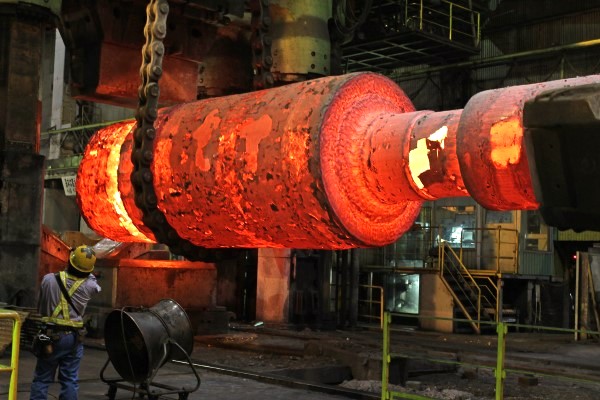The survey was made of the group’s member companies to determine the effects of the recent weakening yen and higher costs on both manufacturers and nonmanufacturers. Responses were received from 335 firms between June 1 and 10.
According to the results, if the exchange rate continues hovering around USD1=JPY125, 59.7% of the respondents would complain of greater negative effects (56.7% specifically predicting a profit decline), while only 8.4% of them anticipated positive effects.
Asked about which of their rising costs represented the greatest burden, 69.0% of the surveyed firms cited rising prices for raw materials and purchased products, with as many as 81.0% of manufacturers concurring. That was followed by the 40.1% of the respondents who cited successive increases in power rates.
Around 55.9% of respondents said that they were basically unable to pass their additional costs on to their customers, with only 9.1% saying they were able to do so.
Also on June 19, OCCI submitted a written request to the prime minister on countermeasures for mid-size and smaller industries during FY16 (April 2016 to March 2017), also passing it on to the head of the Ministry of Economy, Trade and Industry (METI) and others.
According to its request, the Chamber says that the chronic power shortages and continuing high level of power rates could be the “Achilles heel” of Abenomics, and that a further increase in power rates by the Kansai Electric Power Co. (Kansai EP) would cause serious damage to industries located in the Kansai region, which is centered around the cities of Osaka, Kobe, Kyoto and Nara.
In order to realize a stable supply of electricity and control power rates, the request strongly urges the central government to “swiftly restart those nuclear power plants whose safety is confirmed, with governmental responsibility.”











